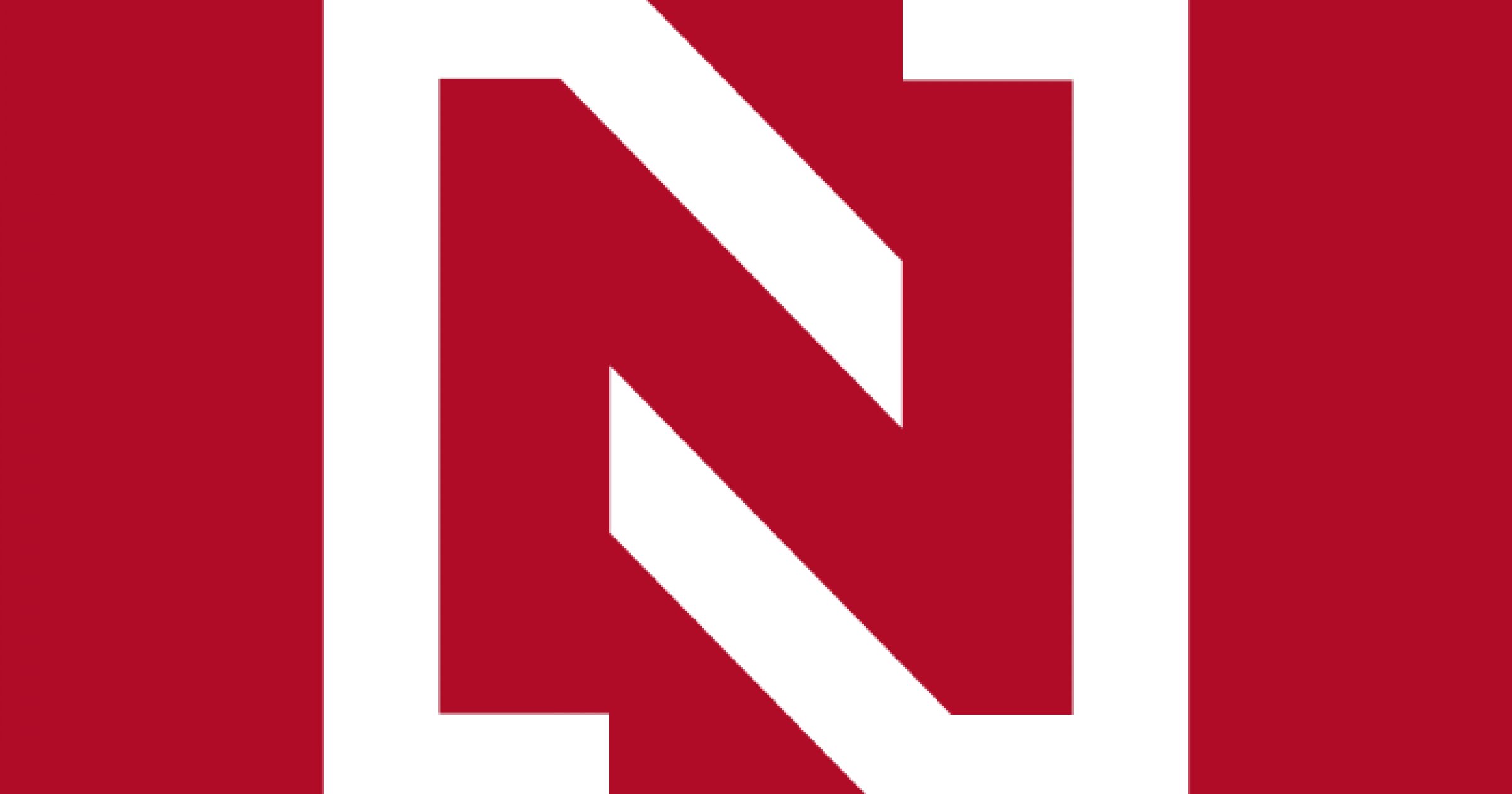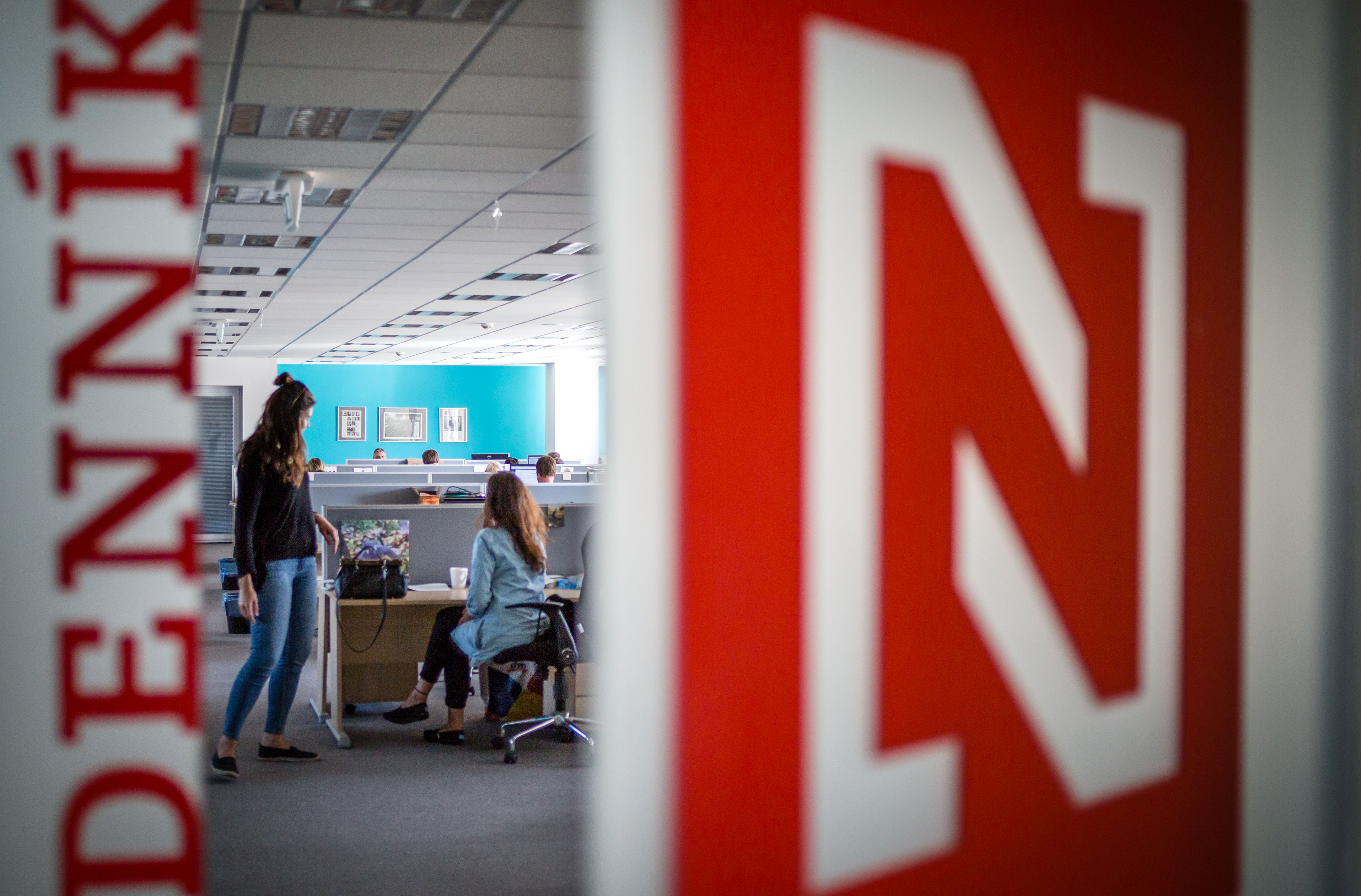The coronavirus pandemic has played havoc with the global economy, but online businesses have enjoyed a boom. That potentially offers media outlets that have successfully monetized content a huge advantage, and in some parts of Central Europe, a crisis of media independence could be turning into an opportunity.
When billionaire-turned-politician Andrej Babiš bought the Mafra publishing house in 2013, it triggered a wave of media purchases by oligarchs across the Czech Republic. Newsrooms emptied, as journalists have fled to set up small, independent outlets.
Seven years later, with Babiš now ensconced in the prime minister’s office, local tycoons now control all private mainstream news outlets in the Czech Republic. But impacted by the pandemic, they risk being outgunned by some of the new independent operations big enough to take them on. And one of them, like Babiš, it comes from Slovakia.
Positive
Lukáš Fila is bemused. He can’t work out why his Czech colleagues worry so much about Christmas offers. Such schemes don’t work at all in Slovakia, he remarks, at least when selling an “elite” product.
Fila is a director at N Press, publisher of Denník N, an online-led news operation launched by Slovak journalists who left SME – one of the country’s biggest broadsheets – after Jaroslav Haščák, a regional oligarch, took a minority stake in the paper in 2014.
At the time, the plan went as far as finding out if they could survive. Now, the internet-based outlet boasts 58,000 subscribers and an average of 1.5m unique visitors per month. With such stability, plus an approach by Czech journalists and investors seeking to escape a second wave of oligarchization, the thinking changed. Two years ago, Deník N was launched as a joint venture in the Czech Republic.
Apart from the odd cultural difference such as the power of Xmas discounts in Czechia – “it works there and that shows why it’s important to have strong local management” shrugs Fila with a smile – exporting the model over the border has gone smoothly so far. The Czech outlet already has around 18,000 “paying readers” and hopes to break even as early as next year, says publisher Ján Simkanič.
The publishers hope that the pandemic could boost their outlets further. Although speaking separately, they both suggest that their projects are in a better position to whether the storm than most of the competition. In line with the general expansion in internet use, at the height of the lockdown, traffic and subscriptions rose strongly in both countries. Simkanic says that although the rapid gains stopped with the lifting of restrictions, those that signed up during the crisis have stayed.
In Slovakia, the pandemic has hit some of the additional operations of N Press, such as events and book publishing plans, but overall it’s been a positive says Fila. The Slovak publisher estimates that no more than 5 percent of N Press revenue comes from advertising, and even then the clients remain robust and committed to their marketing budgets.
“They’re businesses that are also doing well from the pandemic”, Fila says, mentioning online retailers and IT service providers. The longer-term effects are trickier to gauge of course, but optimism prevails. “If the economy falls then everyone is vulnerable”, Simkanic admits, “but because we rely on subscriptions rather than ads, we’re better prepared than many of the big media houses.”
Some statistics from the lockdown in March to May this year do seem to show that it was the large print media that suffered most in Czechia.
“The economic consequences of the COVID–19 lockdown were felt immediately and painfully, particularly by print media”, reads a report published by Friedrich Ebert Stiftung (FES) Hungary alongside Berlin-based media NGO n-Ost. Numerous mainstream titles from the oligarch-controlled major media houses are noted to have seen sales plummet to such an extent that they paused publication.

Size matters
But getting to the point at which they can so strongly monetize content is no mean feat. The entire media world has been trying to work that one out for years. The key element in the N Press model, Fila says, is size.
“We were told in Slovakia when we started that we had too many people”, he remembers, but without enough content you won’t get the readers.”
The Czech outlet launched with 40 journalists who file free daily news and in-depth features and analysis that sit behind the paywall. It has already expanded to around 60 journalists, says Simkanic.
The specific political situation in the region, where threats to democracy have multiplied over the past decade, has also played an important role.“There’s a strong feeling in Central Europe of a very real threat to freedom of speech,” says Fila. “That feeds the public mood to support independent journalism.”
The continuing amalgamation of economic, media and political power by local tycoons and illiberal forces has kept this trend alive. With the European Commission approving the acquisition of TV Nova by Petr Kellner, Czechia’s richest man, on October 6, oligarchs now control all Czech mainstream news media, according to Václav Štětka, senior lecturer in communication and media studies at Loughborough University in the UK.
The widespread opposition to this oligarchization of the media helped Deník N raise a record CZK 7m (€259,400) in crowdfunding, says Simkanic. The high profile of the journalists on board was also important, he adds.
Blueprint?
Despite the successful export of the model across the border, Fila pushes back at suggestions that Denník N may have found a model that could help promote independent media in general. “We’re very grateful for the success in Slovakia and Czechia, but I wouldn’t say this is a recipe for media across the world,” he cautions.
Štětka agrees, suggesting that, although doing well, even the Czech operation has yet to prove it can replicate the achievement of the Slovak original. “When Denník N landed there were no obvious alternative liberal media outlets in Slovakia,” he says. “The Czech outlet must compete with a few.”
In addition, paid content was already well established in Slovakia by the time Denník N launched. There is no clear path beaten in the Czech Republic or the rest of the region. “There’s a general move towards subscription-based revenue by some of the major publishers across the region,” Štětka continues, “but we’ve not seen the level of success that Denník N has found anywhere else yet. It wouldn’t be easy to replicate across the region. There are many different markets with varying specifics.”
Indeed, the FES/n-Ost report suggests that “Czech audiences have not seemed prepared to spend money on quality journalism online” and that this “remains unchanged months into the crisis – leaving outlets without wealthy benefactors in the lurch”.
All that said, however, the Slovak operation is now actively looking to expand. On the one hand, it is in talks with publishing houses from some of the world’s biggest and most sophisticated media markets regarding its “unique knowhow and monetizing solutions” Fila says.
Minds in Slovakia have also turned to “where next?”. “It would be unwise not to start thinking about this,” the director says, noting that in the region of the former Austro-Hungarian empire media faces some “similar issues”. “Hungary has long been an obvious market in which independent media is under threat,” he continues.
However, this is one area that the pandemic has made more difficult. While N Press remains ready to talk to anyone that approaches with interesting ideas, says Fila, “it makes it much harder to form partnerships when you can’t meet in person”.
- Click here to read more articles from IPI’s new reporting series Media Freedom in Europe in the Shadow of Covid

